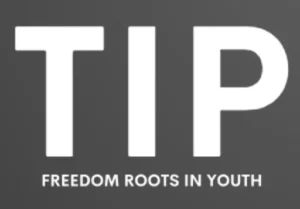Many people often refer to dictatorship and totalitarianism, but do they truly understand the differences between these two concepts? Let’s explain.
In both dictatorship and totalitarianism, the people don’t get to choose their leaders, and power is taken by force or control. In a dictatorship, one person or a small group holds all the power and makes decisions without letting the people have a say. Although they control the government, people might still have some freedom in their personal lives, as long as they don’t speak out against the leader.
Totalitarianism, on the other hand, takes control much further. The government doesn’t just run the country; it controls almost every part of people’s lives—where they work, what they believe, and even what they say or think. In both systems, freedom is taken away, but totalitarianism is much more extreme, trying to control everything. Neither system is good for the people because they’re forced to live under these rules without any choice.
An important difference between the two is whether the system tolerates “wrong” ideas. In a dictatorship, as long as people don’t challenge the leader, their thoughts don’t matter much. But in totalitarianism, people are forced to believe the “correct” ideas in every part of life. If you hold an incorrect idea, you are cancelled. Totalitarianism often starts with good intentions—the belief that if everyone thinks the right way, society will become perfect. But politics is not like science, where there’s always a clear right or wrong answer. It’s more like negotiation, where people’s needs differ, and the goal is to find a balance, like buyers and sellers agreeing on a price.
Another important thing to understand is that just because a leader is tough or even a bad person doesn’t mean they are—or want to be—a dictator. Similarly, just because a leader is gentle or seems like a good person doesn’t mean they will promote freedom and democracy. Throughout history, we’ve seen many leaders with good ideas and intentions accidentally lead to totalitarianism. In fact, good people with good intentions are sometimes more likely to pursue totalitarianism. They get upset when bad things happen in society and want a complete solution to stop all of it. But in trying to create a “perfect” world, they can end up taking away people’s freedoms, forcing them to think and act in certain ways to avoid bad things.
Freedom of speech depends on freedom of thought. If people aren’t allowed to think freely—even if their ideas are “wrong”—how can they speak freely? And without that, how can they be part of a democracy? Free thinking is even more important than free speech, and holding ideas that others might consider “incorrect” is a fundamental human right. These ideas should be debated, not canceled. People have the right to share their thoughts, even if others disagree, and just like in a marketplace, the value of these ideas will be decided over time.



